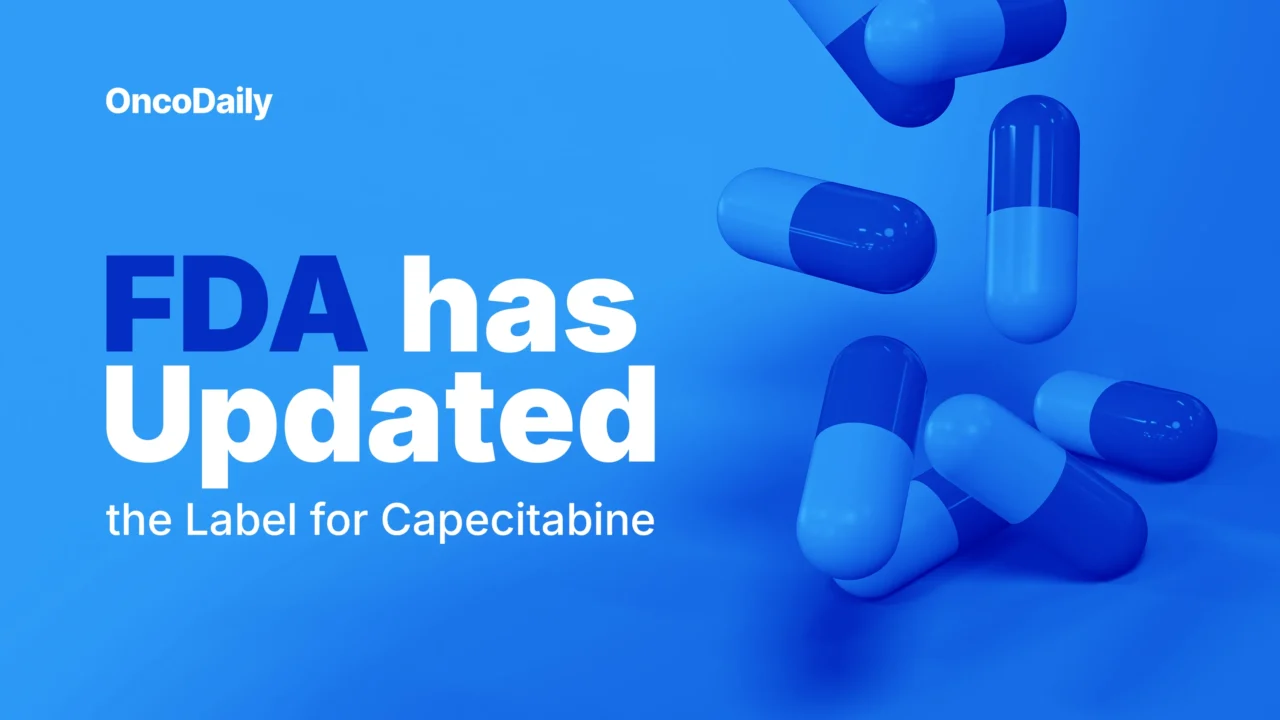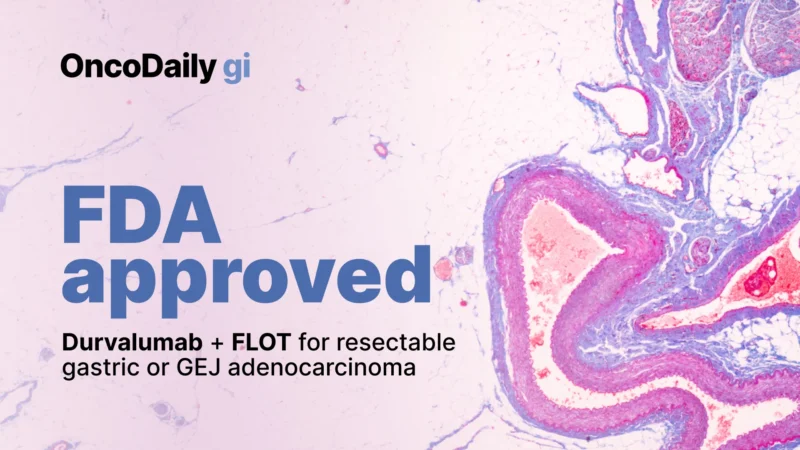The U.S. Food and Drug Administration (FDA) has issued an important update to the prescribing information for capecitabine (XELODA), introducing a clear recommendation for genetic testing of DPYD variants before initiating treatment. This decision strengthens existing safety measures by helping clinicians identify patients with rare genotypes associated with significantly reduced dihydropyrimidine dehydrogenase (DPD) enzyme activity, which can place them at high risk for severe or life-threatening toxicity.
Background: Capecitabine and DPD Deficiency
Capecitabine is commonly used in the management of several solid tumors, particularly colorectal and breast cancers. Its active metabolite, 5-fluorouracil (5-FU), is primarily metabolized by the DPD enzyme. Patients with partial or complete DPD deficiency may experience severe complications, including neutropenia, mucositis, diarrhea, neurotoxicity, and fatal adverse events when exposed to standard doses of fluoropyrimidines.
Previous capecitabine labeling advised clinicians to avoid the drug in patients known to carry homozygous or compound heterozygous DPYD variants associated with complete DPD deficiency. The earlier label suggested that clinicians could “consider testing” for DPYD variants but did not explicitly require or recommend testing before treatment initiation, and the pharmacogenomic information was not presented as a boxed warning.
Major Changes in the Updated FDA Label
The updated label includes stronger and more directive language regarding pharmacogenomic safety. For the first time, the FDA explicitly recommends testing for DPYD variants before starting capecitabine, except in cases where immediate treatment is necessary. This wording provides clearer guidance to clinicians and underscores the importance of genotype-informed dosing to avoid preventable toxicity.
While urgent therapy may occasionally need to begin before results are available, the current label acknowledges that clinicians may still choose to test under such circumstances and use the genetic information to adjust treatment subsequently. This approach supports safer dosing strategies and reduces the risk of future adverse events.
Differences in Available DPYD Testing Panels
The FDA update notes that genetic tests differ in which DPYD variants they can detect. This highlights the importance of choosing assays that align with contemporary clinical guidelines. In 2024, the Association for Molecular Pathology (AMP) PGx Working Group published recommendations for DPYD genotyping, including a tiered list of clinically relevant variants (PMID: 39032821). These recommendations are available through the ClinPGx platform, which recently updated its capecitabine annotation to reflect the new FDA language and reclassified the pharmacogenomic level for capecitabine as “Testing Required”.
Updates Across Clinical Decision Support Tools
Multiple pharmacogenomic decision-support tools have been updated to incorporate the latest FDA recommendations. ClinPGx now reflects the revised language and strengthened PGx level. The PharmDOG and GSI platforms have also been updated to include the new requirements, improving consistency across clinical informatics resources. PharmCAT is expected to integrate the updated language in its next release.
These updates support harmonized implementation of the revised label across laboratory reporting systems, clinical workflows, and decision-support technologies.
Industry Response: Caris Life Sciences
Caris Life Sciences has emphasized the importance of comprehensive pharmacogenomic testing by incorporating DPYD analysis into every Caris Assure liquid biopsy performed for therapy selection. This integration ensures that patients tested through the Caris Assure platform receive genotype-informed risk assessment for fluoropyrimidine toxicity, aligning clinical practice with the FDA’s updated expectations.
Clinical Significance
The updated FDA guidance represents a pivotal shift toward precision oncology. Routine DPYD genotyping before capecitabine initiation is expected to reduce severe toxicities, improve patient safety, and promote a more standardized approach to pharmacogenomic testing. This update also reinforces the growing role of genetic information in guiding cancer therapy decisions and reducing preventable treatment-related harm.
FDA approved Durvalumab plus FLOT for resectable gastric or GEJ adenocarcinoma
Written by Nare Hovhannisyan, MD



